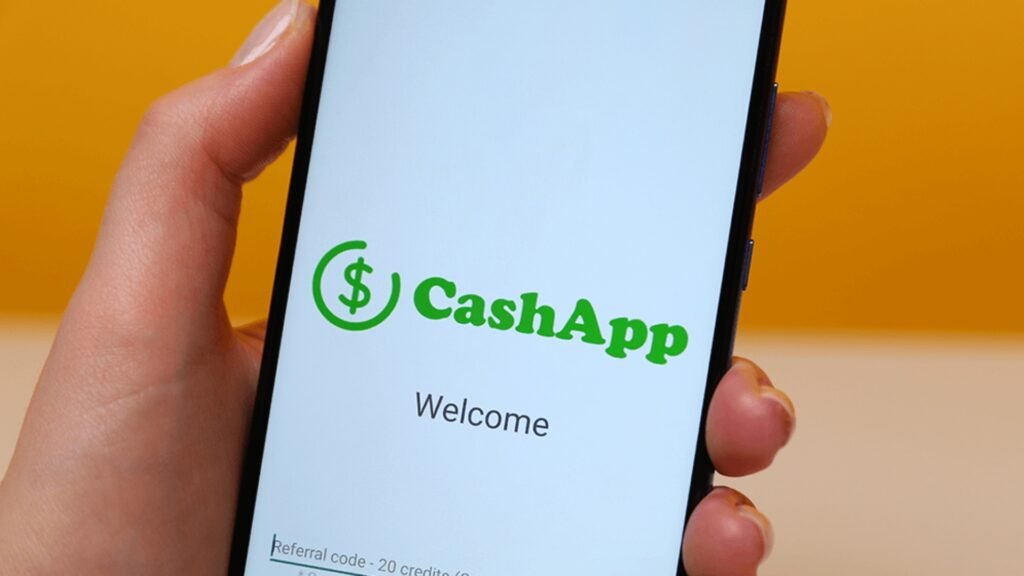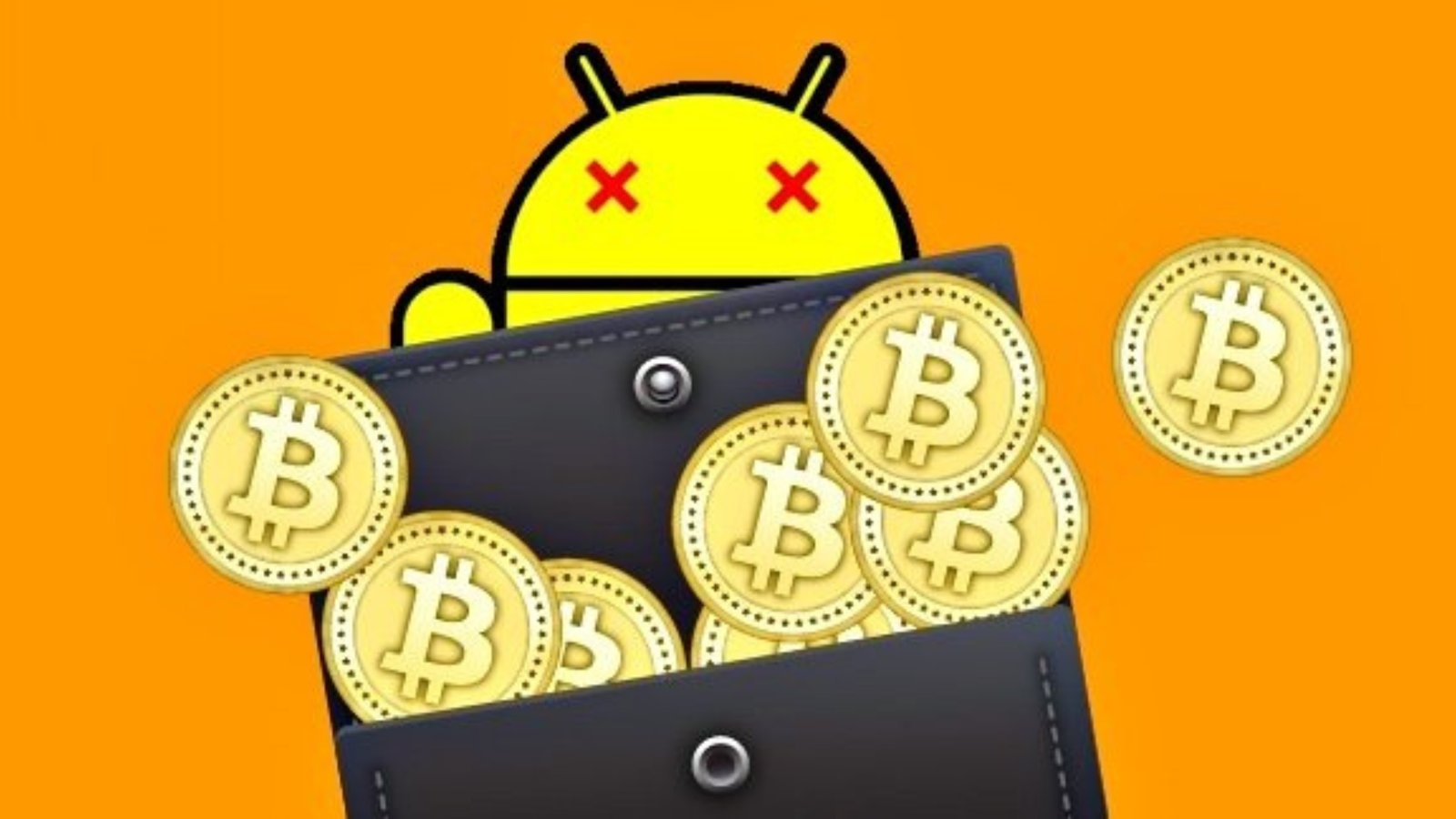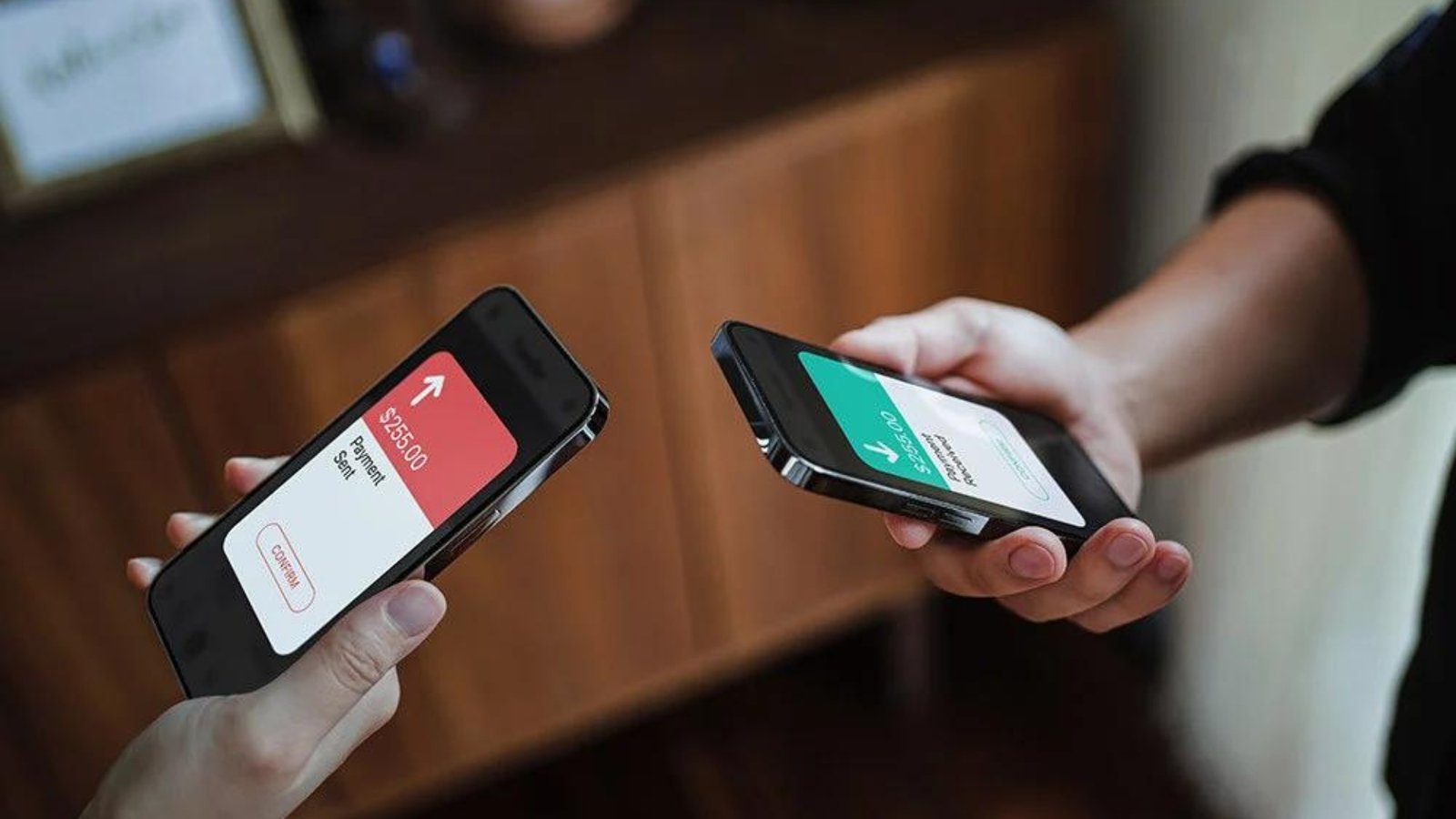The increasing popularity of cryptocurrencies like Bitcoin has led scammers to find new ways to exploit unsuspecting users. One of the most prevalent schemes involves Bitcoin Cash App scams, where fraudsters steal from users under the guise of legitimate financial apps. In 2024, these scams will become more sophisticated, making it crucial for users to stay informed and vigilant.
What is a Bitcoin Cash App Scam?
A Bitcoin Cash App scam typically involves fraudulent activities where scammers impersonate legitimate financial applications or create fake ones to deceive users. The goal is often to trick people into transferring their Bitcoin or other cryptocurrencies to a scammer’s wallet or to steal personal information that can be used for identity theft or unauthorized transactions.
These scams can take many forms, including phishing attacks, fake apps, and social engineering tactics. They often target individuals less familiar with cryptocurrency, leveraging the complexity of digital finance to confuse and exploit them.
Common Types of Bitcoin Cash App Scams
Fake Bitcoin Wallet Apps
Scammers create counterfeit versions of popular Bitcoin wallet apps and distribute them through unofficial channels or even official app stores. These fake apps often have names and interfaces similar to legitimate ones, making them hard to distinguish. Once a user downloads the app and enters their private keys or recovery phrases, the scammer gains access to their funds.
Phishing Scams
Phishing involves tricking users into providing their login credentials or other sensitive information. Scammers send emails, text messages, or social media posts that appear to be from legitimate companies, urging users to click on a link and log in to their Bitcoin wallet or app. The link leads to a fake website that looks identical to the real one, but any information entered is sent directly to the scammer.
Social Media Giveaways
Scammers often use social media platforms like Twitter, Facebook, and Instagram to promote fake Bitcoin giveaways. They may impersonate celebrities, influencers, or even legitimate cryptocurrency companies, claiming they are giving away Bitcoin to celebrate an event. Users are asked to send a small amount of Bitcoin to a wallet address to “verify” their address, promising to receive a more significant amount in return. However, the user never receives anything in return once the Bitcoin is sent.
Ponzi Schemes and Investment Scams
Scammers set up fake investment platforms or schemes that promise high returns on Bitcoin investments. These platforms often look professional and may even operate for a while, paying out returns to early investors to build credibility. However, the scheme collapses once the scammer decides to disappear with all the invested funds, leaving the later investors with nothing.
Customer Support Scams
Scammers pose as customer support representatives from legitimate Bitcoin wallet apps or exchanges. They contact users via phone, email, or social media, claiming an issue with their account. They may ask for login credentials or two-factor authentication codes or direct users to install remote access software, which allows the scammer to take control of the user’s device and steal their funds.
Warning Signs of a Bitcoin Cash App Scam
- Unsolicited Contact: Be wary of unsolicited communication from someone claiming to be from a Bitcoin wallet app or exchange, especially if they ask for personal information, passwords, or private keys.
- Too Good to Be True Offers: If an offer sounds too good to be true, it probably is. Scammers often lure victims with promises of high returns or free Bitcoin in exchange for a small upfront payment.
- Urgency and Pressure: Scammers often create a sense of urgency, pressuring victims to act quickly to avoid missing out on an opportunity. Legitimate companies rarely pressure users to make decisions immediately.
- Poor Grammar and Spelling: Many scam messages contain noticeable spelling and grammar errors. While this is not always the case, it can be a red flag, especially if the communication is from a reputable company.
- Request for Private Information: No legitimate Bitcoin wallet app or exchange will ever ask for your private keys, recovery phrases, or two-factor authentication codes. If someone requests this information, it’s a scam.
How to Protect Yourself
- Use Official Channels: Only download Bitcoin wallet apps from official app stores like Google Play or the Apple App Store. Verify the app developer’s name and read reviews before installing.
- Enable Two-Factor Authentication (2FA): Use 2FA on all your cryptocurrency accounts to add an extra layer of security. Even if a scammer obtains your password, they need the second factor (e.g., a code sent to your phone) to access your account.
- Verify Before You Act: If you receive a message from someone claiming to be from a Bitcoin wallet app or exchange, verify their identity by contacting the company directly through their official website or app.
- Be Skeptical of Giveaways: Avoid participating in Bitcoin giveaways on social media unless you are sure they are legitimate. Remember, no reputable company or individual will ask you to send them Bitcoin first to receive a more significant return.
- Educate Yourself: Stay informed about the latest scams and techniques used by scammers. The more you know, the better you can protect yourself.
- Use a Hardware Wallet: For added security, consider using a hardware wallet to store your Bitcoin. Hardware wallets are physical devices that store your private keys offline, making them immune to online hacking attempts.
- Regularly Monitor Your Accounts: Monitor your Bitcoin wallet and exchange accounts for unauthorized transactions. Report any suspicious activity immediately to the platform’s customer support.
Conclusion
Bitcoin Cash App scams are becoming more sophisticated and widespread in 2024. As cryptocurrency adoption continues to grow, so does the need for vigilance. By staying informed about the latest scams and proactively protecting assets, you can confidently minimize your risk and navigate the cryptocurrency world.




